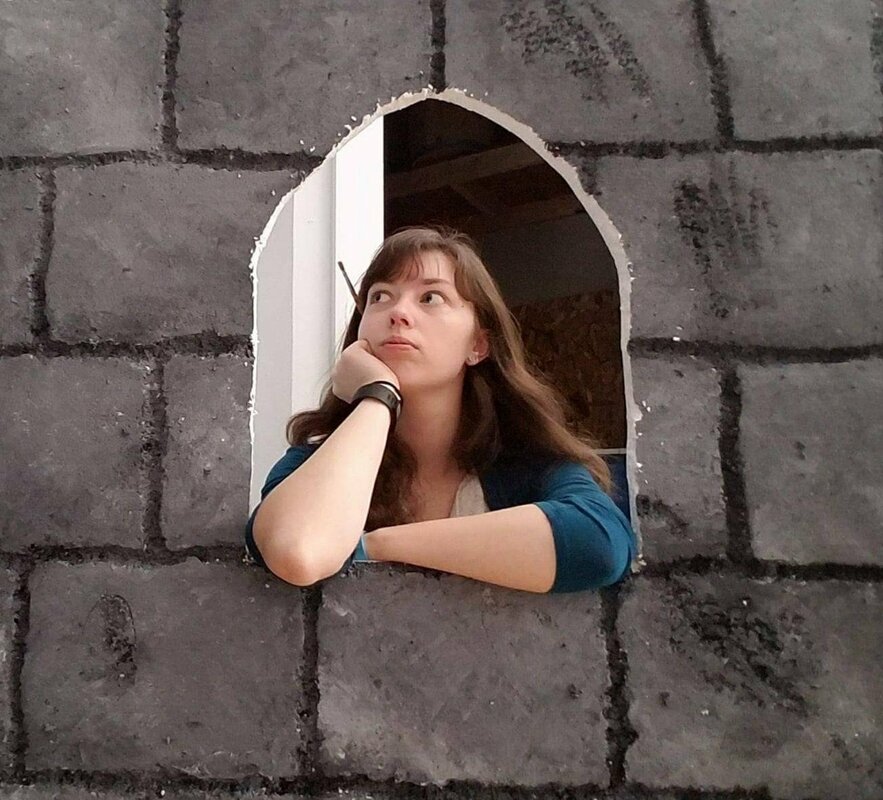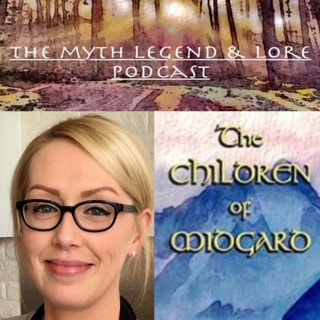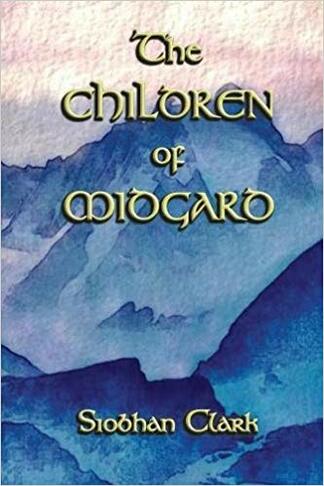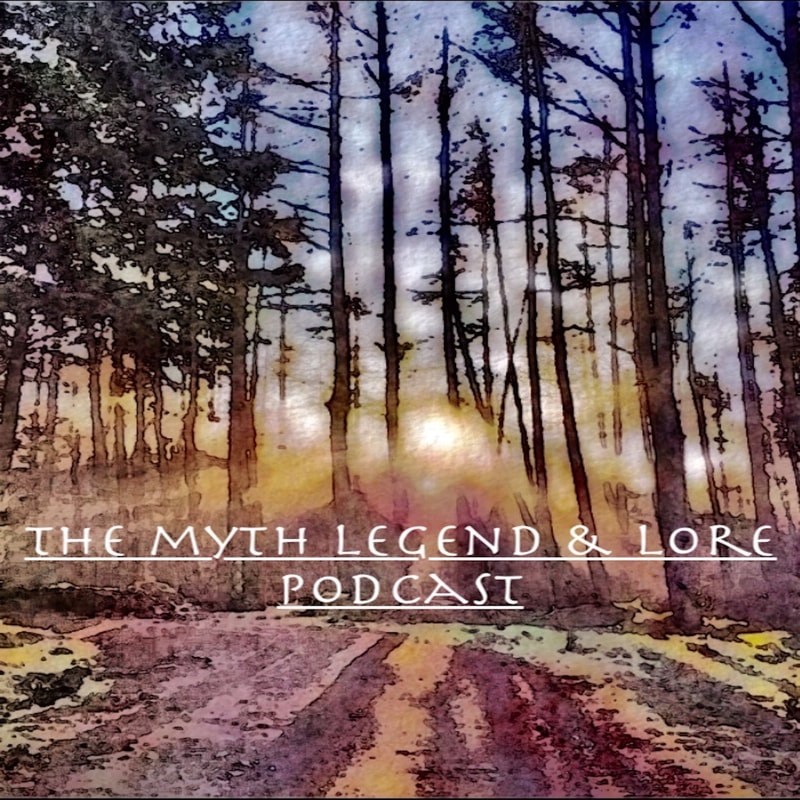"My dream trip would be to Sherwood Forest, no contest. You are currently querying for Wordweaver, the first novel in your fantasy series. How has that process been and do you have any advice for writers who are preparing query letters? The process of querying has been difficult, but it’s improved my writing immensely. There’s so much information out there about the best querying tips and practices, and everyone has their ideas on the best way to do it. I think the best advice is just to keep working and adjusting your letter with each query, and try not to get discouraged. Most of the querying process seems to be just waiting for responses, and it’s hard to stay positive when your inbox is filled with rejections. But I believe there’s a plan for each of us, and that fulfilling any dream mostly comes down to timing. As a writer, a teacher, and an artist you have a diverse creative palette. How do you balance and manage your creative projects while sustaining your creative energy? I’m lucky enough to teach classes I love, which also allow me to be creative during the work day. I do many projects alongside my students, so I have constant access to fresh new ideas and perspectives. If I do start to feel burned out, I take a break from one outlet to focus on another. Currently I’m spending more time reading and drawing, to give myself a break from all the revision I’ve been doing. "I do many projects alongside my students, so I have constant access to fresh new ideas and perspectives. As you mention on your website, as a teacher at a small school you teach many different subjects including Spanish and German. Does teaching and speaking these languages influence your fantasy world? Does any other subject that you teach feature prominently in your writing? Teaching languages has definitely influenced my worldbuilding. The two countries at war in Wordweaver are loosely based on Norway and Ancient Rome, so many of the character and place names come from those languages. The other subjects I teach are art and music, which I often use to enrich the culture and history of the worlds I write. "The two countries at war in Wordweaver are loosely based on Norway and Ancient Rome,
Wordweaver is the beginning of Six’s story, though not from his point of view. I started it as a NaNoWriMo project in 2013, and I’ve been working on the trilogy almost exclusively since then. "It turns out when I wrote “he” it looked like a “6” to my brother, One of the greatest joys and challenges of creating a fantasy world is managing the use and effect of magic. How does magic work in Wordweaver and how did you create your framework for magical abilities and limitations? The magic system in my book is called Wordweaving. Only things that could normally occur in nature are possible through Wordweaving, which does limit the system as a whole. A Wordweaver could not turn a rose into an apple, for example, or create something from nothing. Wordweaving can also only be performed if the Wordweaver is in physical proximity to the intended object, so they could not affect something across a room. The strength of the Wordweaving varies from person to person. Just like any other talent, it is up to the Wordweaver to develop their own abilities. From its description, the characters in Wordweaver face some historically relevant threats including invasion, a monarch’s ambition, and slavery. Were there any historical stories or sources you drew on while writing the novel? I’ve always been fascinated by WWII history, and though I didn’t intend to base the story on specific events, there are definitely similarities. The man who rises to power after assassinating the royal family bases his political platform on a sensationalized form of patriotism. In Wordweaver’s sequel, several scenes are based on my research of the French and Polish undergrounds during German occupation, especially when it comes to the involvement of women in the resistance. That, plus my aforementioned affinity for Robin Hood legends, usually leads me toward stories where the main action is more subtle and strategic than in battles involving brute force. "In Wordweaver’s sequel, several scenes are based on my research of the French and Polish undergrounds Wordweaver is not the end of your story! With two more books on the go, Ravenshield and Everheir, what can readers expect to see from you next and where can they stay up to date on your most recent projects? There are so many stories I want to tell, and I’m excited to start working on some new ideas (including one story featuring a female pirate and her timid male research assistant.) I share project updates as well as book reviews, poetry, and writing tips on my website and am looking forward to hearing from other writers, teachers, and anyone else who needs a break from reality! To stay up to date on Wordweaver's journey towards publication follow Rachel on Twitter!
0 Comments
"I’ll be honest and admit that there is something rather lovely about a good whisky!" If I could, I would love to spend an afternoon with Ernest Hemingway. My uncle introduced me to his work at a young age, Fiesta: The Sun Also Rises was incredible and the first novel he gave me, I’d never read anything quite like it. Hemingway had a wonderful ability to describe human nature, how complicated we are as beings, and how destructive we can be to one another. I also fell in love with his descriptions of each new landscape and location. "Hemingway had a wonderful ability to describe human nature, how complicated we are as beings,
We have discussed our mutual interest (i.e. obsession) with all things related to vikings on several occasions, but I’d like to know where it all started for you. Were you always drawn to viking history and the Norse myths? Was there a particular author, book, or event that first sparked your interest? Growing up I was very lucky to have a wonderful grandfather who shared many authors, books and ideas with me from a young age. He encouraged me to read as often as possible and to try many different subjects. He had a love for history and genealogy, Norse myths and sagas were a deep interest he passed on to me, on both sides of my family there are links to the Viking past of Ireland, Scotland and the Scottish islands. I remember sitting as a child and looking at the bookcases filled with leather bound books and the smell that comes with old worn pages, my grandfather introduced me to Tolkien and The Hobbit, to the tales of Erik the Red, and the Saga of the Volsungs, for that I’ll always be grateful. "I remember sitting as a child and looking at the bookcases filled with leather bound books
Children of Midgard, as told through Liv’s eyes, offers a unique female perspective of the Viking Age world which is so often presented through male-dominated narratives. Recent archeological discoveries have also stoked increased interest in women of the Viking Age and continue to broaden our perspective of the diverse roles they played in that society. What sources would you recommend for readers who want to learn more about women in the Viking Age? We are currently experiencing a very exciting period regarding the discovery of archaeological evidence, conversation, and theories of women in the Viking age. With Liv, I wanted her to remain a strong individual while observing the fact that she had to make decisions based on the fact she was a woman caring for a child on her own in the Viking era. From reading the sagas and poems of the Norse I knew women were strong characters, they were driven and capable, but I knew I needed to delve a little deeper than that. I read the Gragas, which is an amazing document, if a little heavy at times! I also read a number of books by well known names including Judith Jesch, Johanna Katrin Fridriksdottir, Carolyne Larrington, Hilda Ellis Davidson, Jesse Byock, Anders Winroth, Gwen Jones, and possibly a few more! I have a book addiction! "From reading the sagas and poems of the Norse I knew women were strong characters, In our last conversation you mentioned that you had been digging into the research archives to learn how children were raised in the Viking Age. Have you come across any major differences between how children were raised then and how they are raised today? Would you adopt any Viking approaches to child-rearing over today’s culturally accepted wisdom? I don't have children myself, so I certainly would not claim to have experience of, or know, what the best method for bringing one up in this day and age might be. That being said I have the joy of children and teenagers within our extended family, and what I have noticed is their curiosity, appreciation for honesty, and wonderful imaginations. I think children are extremely adaptive and in many ways develop strategies and mechanisms to deal with situations that can surprise adults. In some ways I think that applies to children in the Viking era, their childhoods were not what we would consider very long, particularly easy going, or free from labour. From the sagas we have glimpses of situations young girls and boys found themselves in, that violence played a part in their lives which is significant given the world in which they lived, and again the Gragas (medieval Icelandic lawbook) is a marvellous tool giving us an insight into how the law regarded them. "From the sagas we have glimpses of situations young girls and boys found themselves in,
"I quickly started to realise that even though there might be great distances and cultural differences present in various myths and legends, there were also similar ideas, characters and messages." If I could suggest any materials for readers and listeners to try it would be the works of Joseph Campbell, Hilda Ellis Davidson, and perhaps podcasts that look at philosophy as well as history, myth and legend, it might give them the sense of discovery it gave me. My goal with the podcast is to share and encourage the tradition of storytelling, to fire an interest or curiosity in our past and provide glimpses into the world in which our ancestors lived. "My goal with the podcast is to share and encourage the tradition of storytelling, What can you tell us about your next big project and where can we find more information about your writing and your podcast? Currently I am editing my next manuscript which is due for release this summer, it's an exciting project that I’ve been developing over the past few years. The art of storytelling is such an important part of my life, and I wanted to create that intimate feeling of being within a circle by the campfire, the magic of hearing tales that perhaps no-one else had ever heard before, and I think this new book is what I had imagined. The podcast is going from strength to strength, my listeners are wonderfully supportive, I’ve really enjoyed discussing so many ideas and stories we all have to share. I’ve been very fortunate to have friends, both new and old, on the show and the community that I’m so very lucky to be a part of is wonderfully talented, encouraging and enthusiastic. Gosh, so in short, a new book and lots more podcasts! Siobhan Clark's The Children Of Midgard is available in Waterstones, Barnes & Noble, and on Amazon.
She also has a limited number of signed copies! Follow her on Twitter at Siobhán Clark (@siobhancoda) and at the Myth Legend & Lore Podcast (@LoreMyth) Find the Myth Legend Lore Podcast on iTunes or Podbean |
AuthorJoshua Gillingham is an author, editor, and game designer from Vancouver Island, Canada. Archives
April 2022
Categories
All
|







 RSS Feed
RSS Feed
